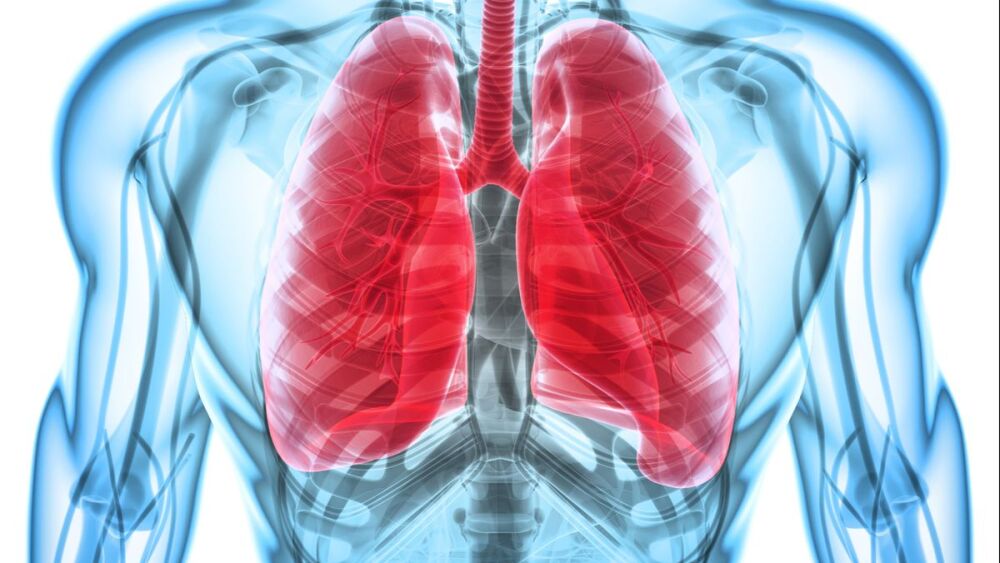By Laura French
DULUTH, Minn. — The American Paramedic Association has published recommendations for an emergency amendment to the national paramedic scope of practice in response to the COVID-19 pandemic.
The paper authored by representatives from the American Paramedic Association, The Paramedic Foundation, UCHealth EMS, LifeFlight of Maine, Brigham and Women’s Hospital and other organizations was published in the Journal of Rural Health and stresses the need for changes related to airway and ventilator management to prepare for a potential surge in COVID-19 patients.
“Changes to paramedic scopes of practice related to airway and ventilator management are urgently needed across rural America, where existing limited resources are challenged for the coming months,” the authors state. “Changes to paramedic scope of practice need to be supported through local regulatory changes, access to education and mentoring, consideration of health professional and patient safety, and ongoing monitoring of these issues.”
The paper says paramedics should be prepared to initiate ventilation in both transport and hospital settings. The authors assert that increasing the workforce that can administer critical care will improve patient outcomes as the need for ventilators surges by tens of thousands in the coming weeks and months.
“Critical care concepts should be applied as part of the continuum of care and not just as a resource offered within the walls of a hospital. Multiple studies have demonstrated that the earlier low-volume ventilation is initiated, the more likely it is to be maintained through to ICU,” the paper reads. “Paramedics could have a real impact on the care and management of critically ill patients by initiating these principles on first contact. While the complexity of critical care patients requires the resources and knowledge that a highly experienced interdisciplinary critical care team brings to the bedside, experienced paramedics could be better utilized as members of these teams in both the out-of-hospital and hospital settings.”
The authors conclude that while non-critical-care paramedics cannot replace the roles of critical care paramedics, doctors, nurses and respiratory therapists, they represent an “untapped resource” in healthcare systems that are “bursting at the seams.”
The full paper can be read in the Journal of Rural Health.












